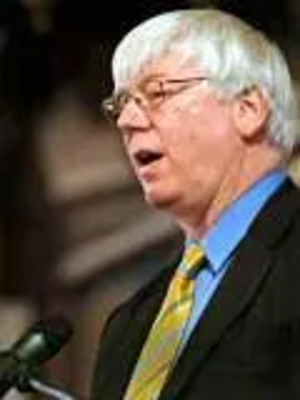ROWEN SPEAKS OUT OVER EMPTY PROPERTY RATES

Rochdale MP Paul Rowen has questioned the Department for Communities and Local Government over empty property rate relief. Barbara Follett MP has responded to the concerns Paul put forward over the strain empty property rates are putting on small and local businesses. The Minister has stated that there are no plans to continue a £15,000 exemption threshold after April 2010. Business rates on empty property will then be levied on any properties with rateable values over £2,200.
Business rate relief on empty property was removed on April 1st 2008, with grace periods given of three months for retail and office space and six months for industrial space.
The increase in exemption threshold for empty properties with rateable values below £15,000 introduced in the 2008 Pre Budget Report was meant to help 70% of properties. However, the Business Centre Association has argued that this threshold increase has only benefited around 15% of properties.
The Minister said that 60% of the increase in rates could be deferred in the 2009-2010 bills, but that the £15,000 exemption designed to help industry and business would not be extended.
Paul Rowen said: "Empty rates are putting pressure on companies and individuals. This tax on empty buildings is damaging chances of regeneration, at a time when we need to be stimulating and supporting small businesses. The Department should do all they can to allow regeneration and economic growth at this difficult time, rather than punishing businesses struggling to get by."
